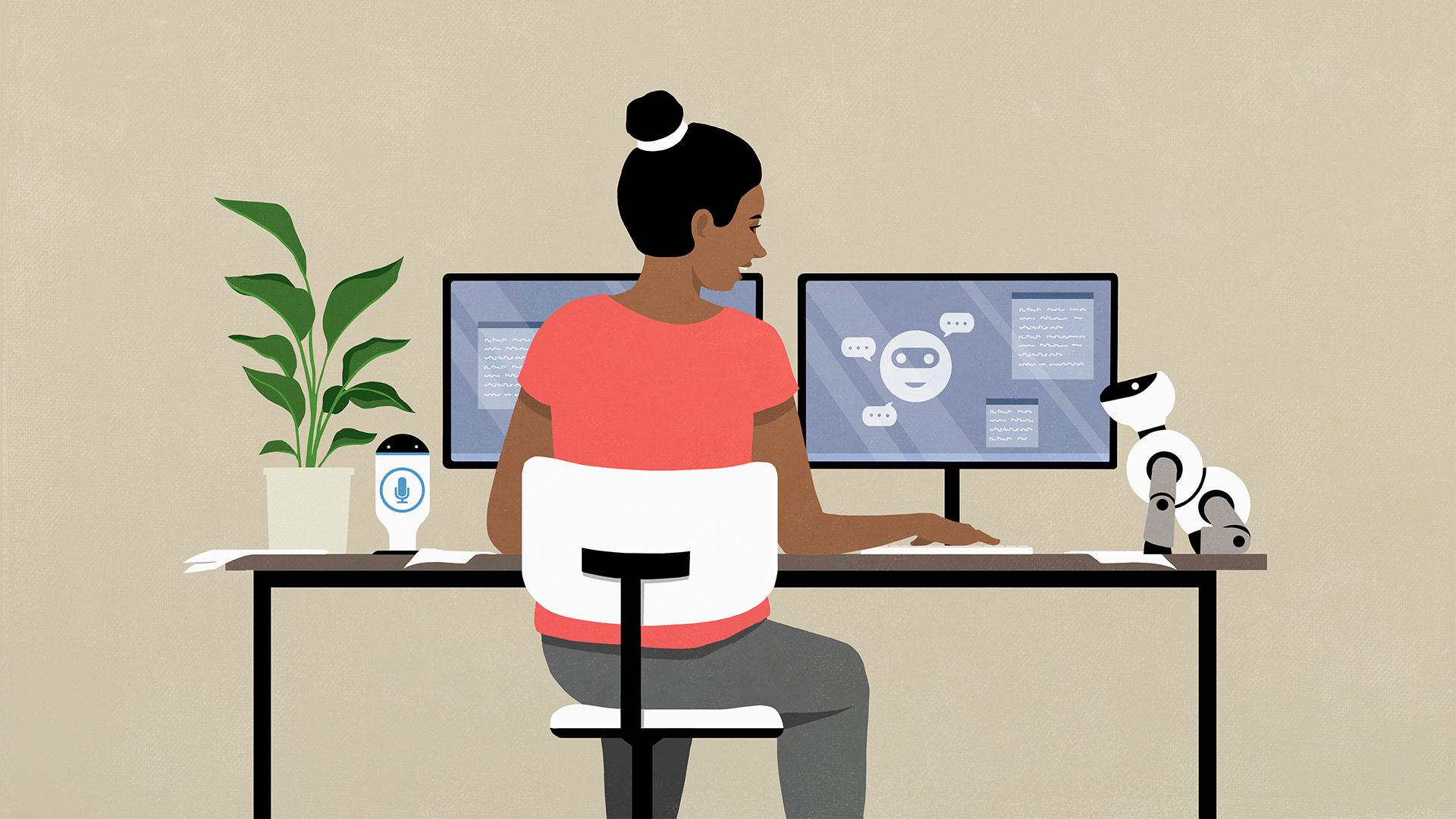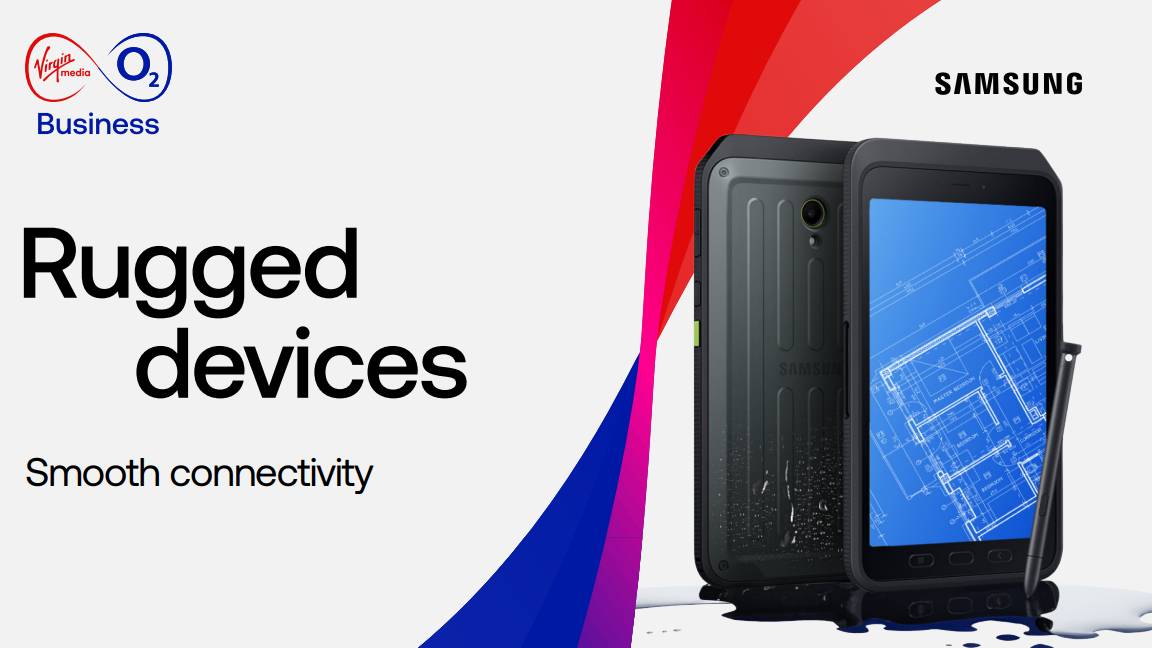Coronavirus creates new challenges for women in tech (and every other industry)
The pandemic has exacerbated issues for women in an industry where representation is already a problem


Our working lives were turned upside down in 2020 – in some cases, irrevocably. However, research shows that women are under additional stress during the pandemic, particularly within the confines of lockdown. A study this summer by King’s College London and Ipsos MORI suggests that women still bear the brunt of childcare duties during lockdown.
Women also reportedly feel more stress and anxiety than men during the lockdown, with US research indicating that the gender gap in mental health has widened significantly during the pandemic.
“Longer term, I think the mental health impact on women should not be ignored, particularly in those homes where women bear the brunt of the burden of home and school care,” Margaret Adam, AVP European tech ecosystems services, SMB/start-up and partnering ecosystems at IDC, tells IT Pro.
Women in the IT industry are no exception to this. “The IT industry is fast-moving and fast-changing, and this brings its own levels of stress, that combined with emotional and household care and duties can be overwhelming and, I believe, will take a toll,” she says.
How the coronavirus pandemic has exacerbated underlying issues for women in business was one of the topics discussed at a recent women in technology event that coincided with the launch of Samsung Pioneers. This initiative, the company says, is a platform to champion women in tech and aims to bring together brands, industry and non-profits to share advice, guidance and advocate for change.
“In recent times, it’s been really challenging for us all. We know first-hand how we’re all struggling to meet this new normal,” professor Sally Eaves, senior policy advisor at Forbes Technology Council, said at the event.
Tess Smillie, VP of people at Samsung UK, Ireland & Europe HQ, said it was important for women to seek out others for support and offer their support in return. “There is so much value and power in shared experiences and learning through others. It can be as basic as having someone to talk with or to listen,” she said.
Get the ITPro daily newsletter
Sign up today and you will receive a free copy of our Future Focus 2025 report - the leading guidance on AI, cybersecurity and other IT challenges as per 700+ senior executives
Existing and potential challenges facing women
The impact of COVID-19 on women in tech is unavoidably linked to discussion of progress made in gender equality, how to tackle unconscious bias, and the existing and potential challenges facing women in the industry.
When asked to share advice to help empower women within the tech industry, Jacqueline De Rojas, president of TechUK, noted that the greatest threat to diversity is “the belief that someone else will fix it”.
“It is therefore incumbent upon us to play our part – the smallest of actions, kindness and encouragement or piece of advice from those who’ve ‘gone before’ can make the biggest of differences,” she said.
“Collaborate with other women in tech, aim to become a job creator rather than a job seeker, mentor the next generation when you can and get involved in your local community to give insight on how accessible the world of tech can be,” added Hadeel Ayoub, founder and CTO of assistive technology company, BrightSign.
IDC’s Adam tells IT Pro it's important to be transparent about the challenges women are facing during the pandemic. “Try not to do it all, but to experiment with ways of working that enable you to stay on top of both home, family and work commitments,” she says.
“This is a chance for the industry to reset expectations on what is feasible. It’s likely that many companies will have headcount freezes and, in some cases, redundancies so the workload is likely to increase. It’s vital to try to find a way of working that doesn’t lead to burnout.”
Technology is part of the solution
On the flip side, one of the biggest takeaways from the event was that technology is also part of the solution, in that it allows both a remote and flexible approach to working.
“Women have been shouting about about flexible working for decades,” said Tanya Weller, director of Samsung Showcase, KX, at Samsung Electronics. “The pandemic has forced those small and medium businesses that perhaps have struggled – whether it’s been a trust issue or a technology setup issue – [to say] ‘we have to do this, there’s no other option’.”
Ultimately, said De Rojas, women need to champion and support one another in the current crisis, and into the future – and technology will continue to play a part in that.
“We’ve done a great job of embracing technology, and it has been fabulous for social connection. And I certainly have really leant on the sisterhood in tech when I just needed to reach out and have a chat. Or just things that you would normally have done with a human have been certainly enabled by technology. I would say that I’m a tech optimist, but frankly, I don’t know how we would have got through the pandemic without it.”
Tips for everyone to avoid burnout
- Prioritise your mental health and try to carve out time for self-care
- With video conferencing, calls can now be recorded. Instead of trying to attend every call, ask if you can listen back if required
- Try to keep some distance between work and home life, even if it’s as simple as short walk or run before or after work
- Keep calls to shorter durations, blocking time in calendar for work or personal time
- Be disciplined about the hours of work to ensure resiliency in the ‘next normal’ of work
Christine has been a tech journalist for over 20 years, 10 of which she spent exclusively covering the IT Channel. From 2006-2009 she worked as the editor of Channel Business, before moving on to ChannelPro where she was editor and, latterly, senior editor.
Since 2016, she has been a freelance writer, editor, and copywriter and continues to cover the channel in addition to broader IT themes. Additionally, she provides media training explaining what the channel is and why it’s important to businesses.
-
 Bigger salaries, more burnout: Is the CISO role in crisis?
Bigger salaries, more burnout: Is the CISO role in crisis?In-depth CISOs are more stressed than ever before – but why is this and what can be done?
By Kate O'Flaherty Published
-
 Cheap cyber crime kits can be bought on the dark web for less than $25
Cheap cyber crime kits can be bought on the dark web for less than $25News Research from NordVPN shows phishing kits are now widely available on the dark web and via messaging apps like Telegram, and are often selling for less than $25.
By Emma Woollacott Published
-
 Young tech professionals are shunning a full-time return to the office – unless it pays more
Young tech professionals are shunning a full-time return to the office – unless it pays moreNews Young tech professionals who entered the workforce post-pandemic expect on-site work to be paid more than remote options.
By Emma Woollacott Published
-
 ‘Employers must look at the bigger picture’: Brits aren’t keen on going back to the office, and enterprises pushing for it risk a talent exodus – 48% of UK professionals would quit if faced with a full RTO mandate as hybrid work remains popular
‘Employers must look at the bigger picture’: Brits aren’t keen on going back to the office, and enterprises pushing for it risk a talent exodus – 48% of UK professionals would quit if faced with a full RTO mandate as hybrid work remains popularNews Nearly half of professionals would consider quitting rather than returning to the office full time
By Nicole Kobie Published
-
 IT professionals aren’t budging on flexible work demands – and more than half say they’ll quit if employers don’t meet expectations
IT professionals aren’t budging on flexible work demands – and more than half say they’ll quit if employers don’t meet expectationsNews Analysis from Randstad shows 40% of UK-based IT pros have quit over a lack of flexible work options, while 31% of workers globally have done the same.
By Ross Kelly Published
-
 Imposter syndrome is pushing women out of tech
Imposter syndrome is pushing women out of techNews Men have dominated the tech space, though some evidence suggests that it's beginning to change
By George Fitzmaurice Published
-
 DEI rollbacks could exacerbate tech talent shortages – nearly half of recruitment leaders worry diversity cuts will impact their company’s appeal and employee retention
DEI rollbacks could exacerbate tech talent shortages – nearly half of recruitment leaders worry diversity cuts will impact their company’s appeal and employee retentionNews Finding talent with AI skills has already become a major challenge for enterprises, but with some enterprises shelving DEI hiring practices, research suggests the situation could get worse.
By Emma Woollacott Published
-
 Women in tech think the industry has changed for the better, but there’s still more work to be done
Women in tech think the industry has changed for the better, but there’s still more work to be doneNews 84% of female tech leaders in the US believe the industry has changed for the better, but lingering issues still persist.
By Nicole Kobie Published
-
 Employees are dead set on flexible working arrangements – three quarters would turn down a role that didn't offer hybrid options as work-life balance becomes more important than pay
Employees are dead set on flexible working arrangements – three quarters would turn down a role that didn't offer hybrid options as work-life balance becomes more important than payNews New research shows workers are increasingly demanding flexible working arrangements from employers.
By Emma Woollacott Published
-
 Rugged devices
Rugged devicesWhitepaper A closer look at the challenges and rewards of fully supporting a flexible workplace
By ITPro Published